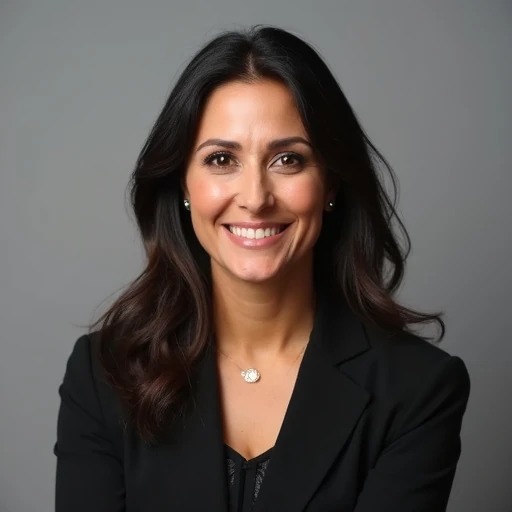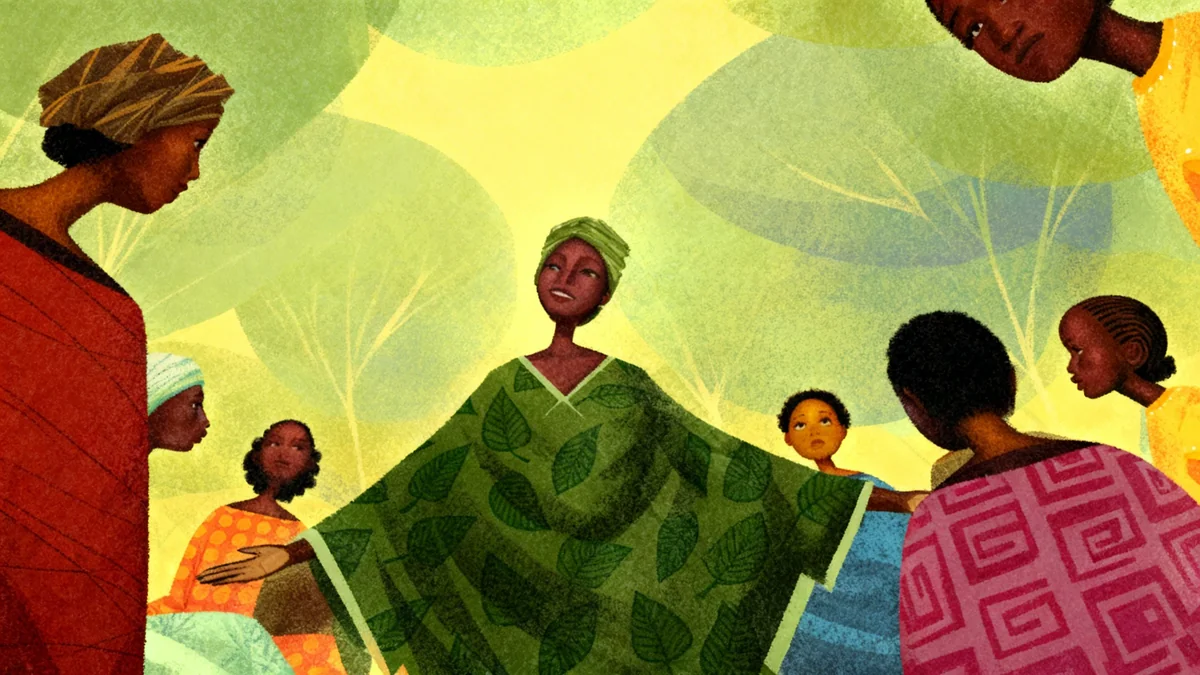Grief is a universal human experience, but not all losses are treated equally. For many, the pain of a significant loss is compounded by a silent, societal expectation to move on quickly, simply because the relationship or loss doesn't fit into a conventional category. This unrecognized suffering has a name: disenfranchised grief.
It is the sorrow over a former partner, a colleague, a pet, or even the loss of a job or a dream—a pain that is often invisible to others and unsupported by the usual rituals of mourning. This leaves individuals to navigate their deepest pain in isolation, questioning the validity of their own feelings.
Key Takeaways
- Disenfranchised grief is a term for sorrow that is not socially recognized, validated, or supported.
- It can result from the loss of relationships not seen as legitimate, such as ex-spouses, colleagues, or pets.
- Societal pressure to quickly recover from non-traditional losses can lead to isolation and complicated grief.
- The lack of public rituals for these losses prevents individuals from processing their pain in a healthy way.
Understanding Unseen Sorrow
The concept of disenfranchised grief was first defined by Dr. Kenneth Doka, a leading expert on grief and counseling. He described it as any loss that individuals experience where they feel they do not have the social right to mourn. This lack of recognition can come from family, friends, or the wider community.
Society has clear scripts for certain types of loss, such as the death of a parent, spouse, or child. There are funerals, sympathy cards, and an accepted period of mourning. But what happens when the loss falls outside these neat lines?
Examples are widespread and often hidden in plain sight. An individual may deeply mourn the death of an ex-spouse, but friends might not understand why they are so affected. The loss of a beloved pet can be as devastating as losing a human family member, yet it is often dismissed with a simple, "It was just an animal."
Other forms of this grief include mourning a job loss, a miscarriage, the end of an important friendship, or the decline of a loved one's cognitive abilities due to dementia, even while they are still alive.
Why Some Grief is Sidelined
Society often disenfranchises grief for several reasons. First, the relationship may not be recognized. This includes partners in secret affairs, ex-spouses, or even online friends never met in person. Second, the loss itself may not be seen as significant, like losing a job or moving away from a cherished home. Finally, the way a person grieves might be judged as inappropriate, such as not showing enough emotion or showing too much for a loss deemed minor by others.
The Pain of a Complicated Relationship
The experience of disenfranchised grief becomes particularly sharp when the lost relationship was complex or abusive. Jeannine M. Pitas, a writer and teacher, shared her personal struggle with this type of loss after the death of a former partner named Mark.
Their relationship was difficult and emotionally abusive, known only to a handful of people. Mark struggled with untreated mental health conditions and alcoholism, which created a turbulent dynamic. After they separated and she moved away, they maintained limited contact. Then, she received news that he had died by suicide.
"The grief was gut-wrenching, and outside of therapy, it was a pain I mostly had to shoulder alone," Pitas explained. Friends who knew of the abuse struggled to understand her sorrow, asking, "How can you feel so sad about someone who mistreated you?"
Her experience highlights a core challenge of disenfranchised grief. It is possible to mourn the loss of a person while also acknowledging the pain they caused. Pitas mourned the potential Mark had, the good moments they shared, and the wounded person behind the destructive behaviors.
"I knew that at his core was a beautiful, creative, intelligent, wounded person who desired to live, as we all do, with dignity and love," she recalled. Without the support of most friends and family, she organized a small memorial service at a church that housed one of his paintings, finding solace in a small community that allowed her to honor her complicated feelings.
The Broader Impact of Unacknowledged Loss
The inability to openly mourn has significant psychological consequences. When feelings are suppressed or invalidated, individuals can experience prolonged or complicated grief, anxiety, depression, and a profound sense of isolation. The message they receive is that their feelings are wrong or disproportionate to the situation.
This societal shortcoming is visible in many areas of life:
- Infertility and Miscarriage: Couples who struggle to conceive or lose a pregnancy often grieve in silence, as the loss is not always seen as the death of a child.
- Aging and Loss of Ability: Older adults mourn the loss of their mobility, independence, and physical health, a continuous grief that is often dismissed as a normal part of aging.
- Immigration and Identity: Immigrants, especially those who are undocumented, may grieve the loss of their home country and the promise of a life they thought they would have, a sorrow they cannot safely express.
- Past Decisions: Many people live with a quiet grief over past mistakes or regrets, asking "what if" about choices that cannot be undone.
Cultural Differences in Mourning
While Western cultures, particularly in the United States, often privatize and rush the grieving process, many other cultures have built-in rituals for collective mourning. In Poland, All Saints' Day is a national holiday where businesses close and families visit cemeteries. The growing popularity of Mexico's Día de los Muertos in the U.S. points to a collective hunger for more communal and expressive ways to honor the dead and acknowledge the reality of loss.
Creating Space for All Forms of Grief
Addressing disenfranchised grief requires a shift in cultural attitudes. It begins with acknowledging that all losses are valid and that every individual has the right to mourn in their own way. Creating spaces for open conversation, where people can share their stories without fear of judgment, is a crucial first step.
For those experiencing this hidden sorrow, finding even one person—a trusted friend, a therapist, or a support group—who can listen with compassion can make a significant difference. It validates the experience and breaks the cycle of isolation.
As a society, fostering empathy for losses that are not our own is essential. It means understanding that love and relationships are complex and that the pain of their absence cannot be measured by conventional standards. By offering support instead of judgment, we can help carry a burden that is too heavy for anyone to bear alone.





